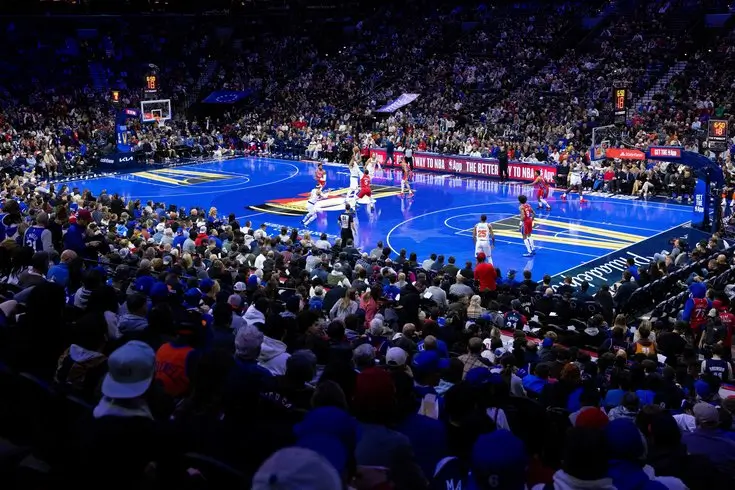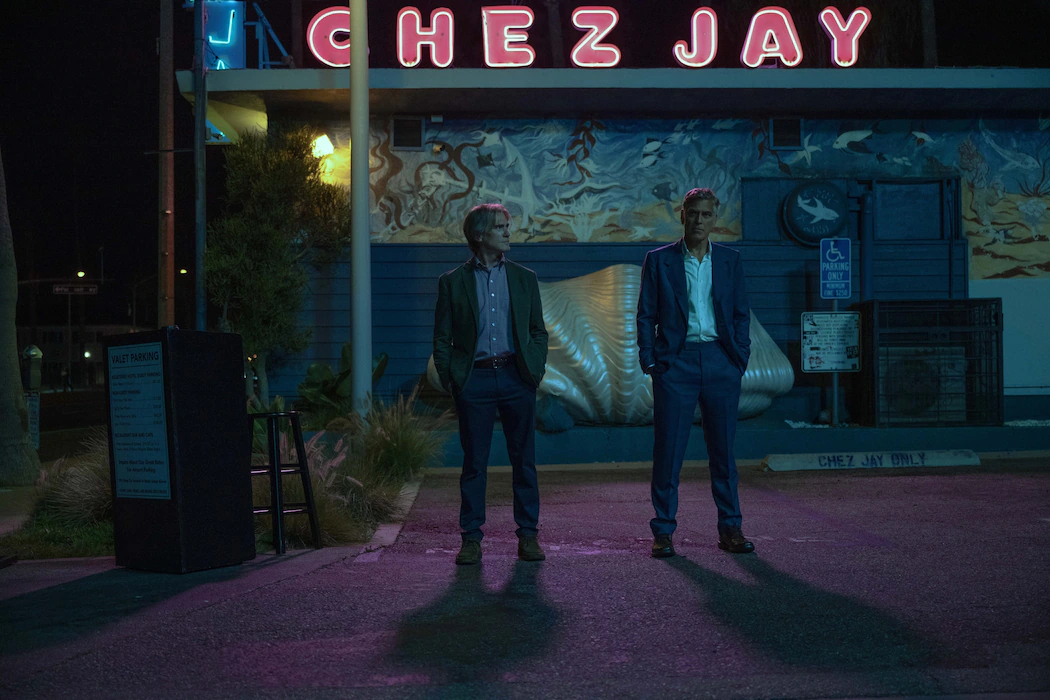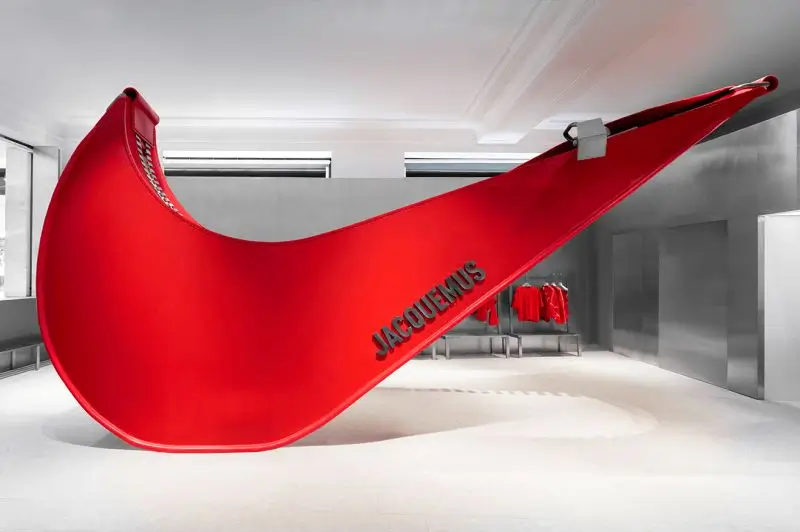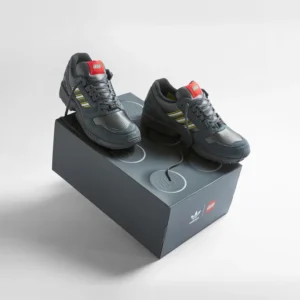On February 11, 2025, Duolingo, the world’s most recognizable language-learning app, sent shockwaves through its user base by abruptly changing its branding—announcing the “death” of its beloved green owl mascot, Duo. The move immediately sparked widespread confusion, intrigue, and online speculation, as users scrambled to decipher what had happened.
For over a decade, Duo has been more than just a cartoonish app character—he’s become a viral internet figure, known for his persistent reminders, aggressive notifications, and meme-worthy guilt trips about language-learning consistency. So, when Duolingo killed him off, the internet predictably lost its mind.
But what exactly happened? And why did pop superstar Dua Lipa get involved in this bizarre saga? Let’s break down the chaos, the marketing brilliance, and what it all means for Duolingo’s future.
A Closer Look at “Dead Duo”: What Actually Happened?
It all began when users noticed something strange in the Duolingo app—the familiar green owl icon had been replaced by a ghostly version of Duo, complete with X-shaped eyes. Then came an ominous message on social media:
“Duo is dead. RIP, you will be missed.”
The reaction? A mix of:
Panic – Did something happen to the app?
Confusion – Was this a glitch, a hack j, or an actual rebranding?
Laughter – Only Duolingo would “kill off” its own mascot for no reason.
Then, things took an even wilder turn.
Dua Lipa Joins the Chaos: “Til’ Death Duo Part”
One of the most unexpected twists in the Dead Duo saga was the involvement of global pop sensation Dua Lipa.
For years, fans had jokingly noted the similarity between her name and Duolingo’s mascot—a meme that had been floating around the internet since at least 2018. The brand had even played into this joke in previous campaigns, but this time, they took it to another level.
Dua Lipa responded to Duo’s “death” with a cryptic yet hilarious message on social media:
“Til’ death duo part.”
This play on words immediately set the internet ablaze, turning what had been a niche language-learning stunt into a full-fledged viral moment.
Duolingo and Dua Lipa had merged their cultural influence in an unexpected crossover—one that was both surreal and brilliant.
Marketing Stunt or Something More? Why Duolingo “Killed” Its Mascot
Duolingo is no stranger to unconventional marketing tactics. Over the years, the brand has:
• Embraced unhinged social media humor, turning pushy notifications into viral memes.
• Created bold, playful brand campaigns, from TikTok skits to cryptic in-app Easter eggs.
• Made Duo the most chaotic and beloved corporate mascot—turning a learning app into a cultural icon.
But what’s the real purpose behind “Dead Duo”?
Engagement & Virality
By “killing off” Duo, Duolingo generated massive user interaction, with people sharing memes, debating theories, and engaging with the brand organically.
The Dua Lipa crossover amplified the stunt, introducing the campaign to millions of music fans who otherwise might not have cared about a language-learning app.
A Major Product or Rebranding Announcement?
Some speculate that this could be a teaser for a big platform update, such as a new version of the app, AI-driven features, or a refreshed user experience.
Killing off Duo might symbolize the end of an era and the beginning of something new for Duolingo.
Social Commentary on Brand Mascots?
In an age where corporate mascots have become online personalities, Duolingo’s move plays with the idea of brand loyalty and attachment.
It forces users to confront how attached they’ve become to a digital owl, making them realize how much Duo has woven itself into internet culture.
Regardless of the deeper strategy, one thing is clear: Duolingo has once again proven its mastery of digital marketing.
How “Dead Duo” Reflects the Evolution of Branding in the Digital Age
Duolingo’s Dead Duo stunt isn’t just a marketing gimmick—it’s a prime example of how modern brands engage with audiences in the digital era.
From Static Logos to Dynamic Characters
Brands today don’t just have mascots—they have characters with personalities, emotions, and narratives.
Duo isn’t just a logo; he’s an internet personality, much like Wendy’s Twitter, the Pillsbury Doughboy, or Tony the Tiger.
Meme Culture as a Business Strategy
Duolingo’s marketing team understands meme culture better than most brands.
Instead of forcing engagement through traditional advertising, they lean into internet humor, social media moments, and absurdity—an approach that resonates with Gen Z and Millennials.
Cross-Industry Collaborations That Make No Sense (But Work)
The Dua Lipa crossover is the perfect example of a “why does this exist?” marketing move that actually makes sense.
It taps into an already existing internet joke, making it feel organic rather than forced.
Other brands—especially in tech, fashion, and entertainment—should take note of how Duolingo seamlessly integrates pop culture into its identity.
What’s Next? Theories on the Future of Duo
So what happens now? Will Duo return? Will Duolingo replace him with something even weirder?
Here are some theories floating around online:
The “Rebirth” of Duo with a New Look or Features
Users speculate that Duo’s “death” might be part of a larger rebranding strategy, introducing:
• A redesigned owl
• AI-driven voice features
• A new premium service or gamified experience
A Limited-Time Viral Campaign That Ends in a Punchline
Duo may “resurrect” in a ridiculous way—perhaps in a dramatic “Phoenix Rising” moment, returning more powerful than ever.
Duolingo has a history of playful pranks, so this could just be another way to keep engagement high before bringing him back.
An Elaborate Lead-Up to an April Fool’s Payoff
Given that April 1st isn’t far away, some believe Duolingo might be playing the long game with an extended joke that culminates in an April Fool’s surprise.
Whatever happens next, one thing is certain:
Duolingo knows exactly what it’s doing.
Final Thoughts: The Genius (and Madness) of Duolingo’s Marketing
By “killing off” Duo, Duolingo:
Created a viral, highly shareable moment.
Invited massive user engagement and speculation.
Successfully merged pop culture and language-learning in an unexpected way.
Reinforced its reputation as one of the most playful, meme-savvy brands in tech.
Whether this is a rebranding strategy, an elaborate joke, or something entirely different, Duolingo has once again set the internet on fire—proving that in 2025, the best marketing isn’t just about selling a product.
It’s about starting conversations, creating moments, and making the audience feel like they’re part of the joke.
Duo may be “dead”—but Duolingo’s marketing brilliance is more alive than ever.
No comments yet.







